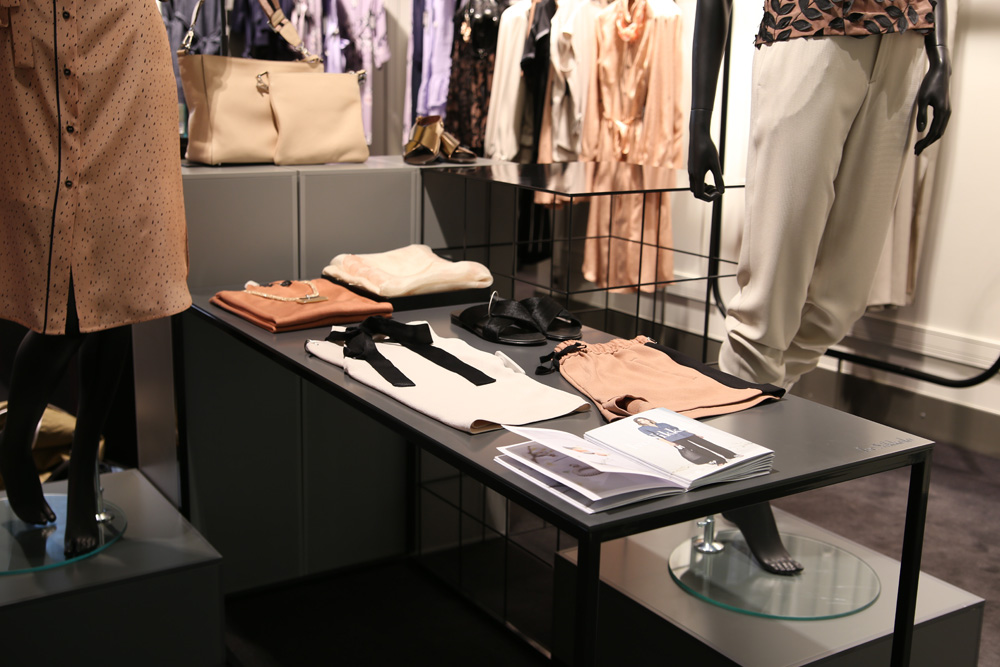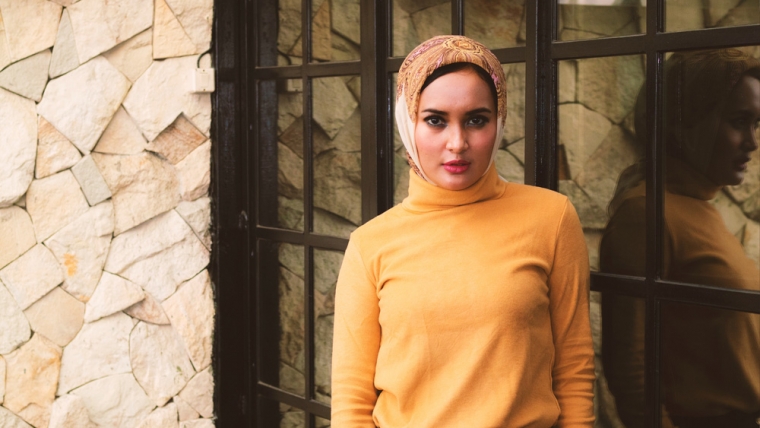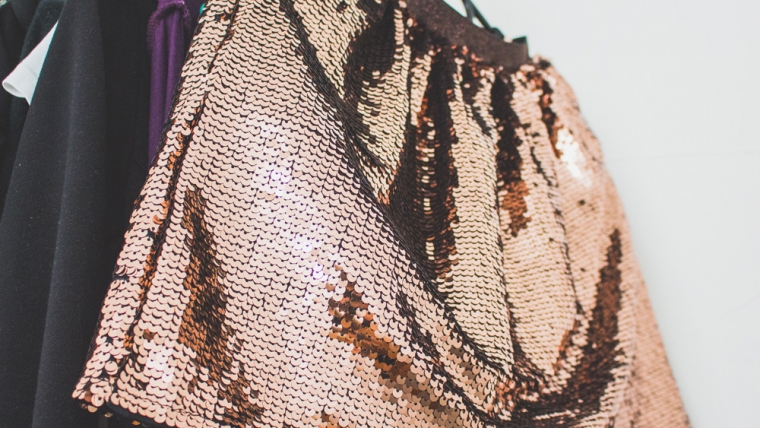At the British Model Alliance, we are strong believers in sustainable fashion practices. And while more and more individuals within the industry (such as established and up and coming designers) are taking part in these practices, there are many other ways in which individuals can practice sustainable fashion.
Sustainable fashion, also known as eco fashion, involves the design philosophy of creating ways in which fashion creation indefinitely supports the environment and those involved in the creation process.
Fashion Brands
Even high fashion designers have taken proper steps towards sustainability. Stella McCartney, Tome, and G-STAR Raw are only a few houses immersing eco-friendly methods in the fashion scene.
Second Hand
As there is already such a great number of garments which were not produced by eco-friendly methods, buying from charity shops circulating in the consumer world, buying second hand clothing eliminates the negative sides of the production. British Model Alliance recommends taking some time to research charity or vintage clothing shops in your area.
Clothing Swap
Though still not as popular as shopping second hand, individuals are choosing to swap clothes. This involves two (or more) people getting together and exchanging garments with one another. Clothes swapping reduces the negative side effects of production and gives clothing a longer life as they are saved from landfills.
Slow Fashion
The term fast fashion is used by retailers to describe the garments moving from catwalk to shop floor extremely quickly in order to capture the season’s latest trends. As a result, these items are quickly purchased, worn and then thorn away, adding to landfills and using non-environmentally friendly production methods. With slow fashion, fewer items are produced and in better quality.
Fair Fashion
Recycled Materials
For years, individuals and fashion designers have been using recycled materials in the creation of fashion garments and accessories. Using recycled materials reduces waste, GHG emissions and decreases our reliance on fossil fuels.





